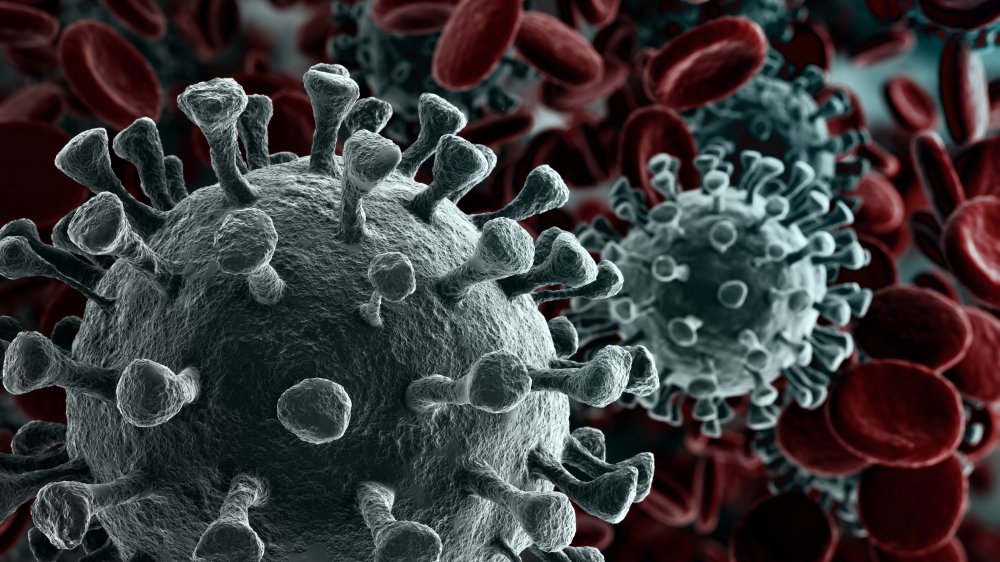Study Reveals Possible Reason For Taste Loss In COVID Patients
Early on in the pandemic, doctors noticed an unusual symptom among patients with coronavirus: a loss of taste. Until now, they've been unsure why the virus causes this, but new research indicates that cells in the mouth are a key player in both the loss of taste and the growth and spread of the illness.
A study from a large team of researchers has been uploaded to preprint service medRxiv detailing the scientists' hypothesis and results. Their findings show that cells in certain parts of the mouth — the salivary glands, tonsils, and tongue — contain RNA that is susceptible to the SARS-CoV-2 virus, which causes COVID-19, according to LiveScience. Specifically, the RNA contains certain proteins that COVID-19 requires to cause infection.
Kevin Byrd, study author and manager of Oral and Craniofacial Research at the American Dental Association Science and Research Institute, told LiveScience, "Our study shows that the mouth is a route of infections as well as an incubator for the SARS-CoV-2 virus that causes COVID-19." That first part is particularly important as it enforces the knowledge that COVID-19 can be a spread through saliva.
Why does taste disappear?
Although researchers are still speculating, they think the mechanism by which the virus impacts taste is fairly simple. It appears to interfere with saliva production, which is necessary to carry tastes to certain receptors on the tongue.
In one study, nearly 98 percent of patients who lost their sense of taste also lost their sense of smell, according to WebMD. Previously it was thought that since taste and smell are closely linked, it was the loss of smell that caused the loss of taste. This new research seems to indicate it may be a condition with its own causes entirely.
Many coronavirus patients report that their food tastes like paper or cardboard, while others reported extremely foul tastes like gasoline or rotting garbage, according to BGR. Studies indicate that losing your sense of taste happens about 38 percent of the time, and is more common among younger people, according to Healthline. At this point, it is still unknown how long it can take for a sense of taste to return to normal, though for some people it has taken months.


